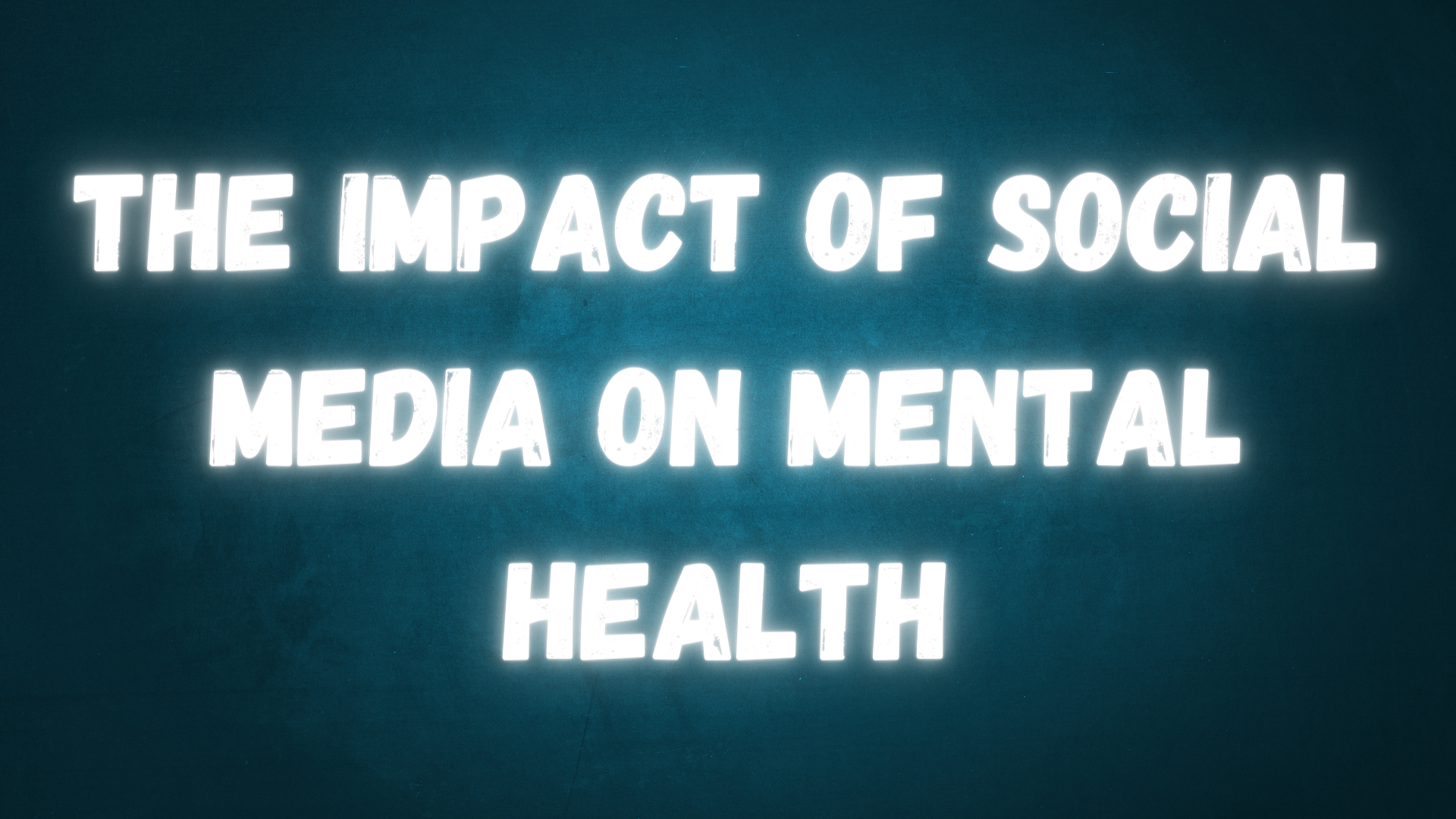Social media has become an integral part of our daily lives, with millions of people around the world using platforms such as Facebook, Instagram, and Twitter to connect with friends and family, share information and experiences, and stay up to date with the latest news and trends. While social media has many benefits, it has also been linked to a range of negative mental health outcomes, including anxiety, depression, and low self-esteem. In this article, we will explore the impact of social media on mental health and discuss some of the ways in which we can mitigate these negative effects.
The Dark Side of Social Media
Studies have shown that there is a strong link between social media use and negative mental health outcomes. One of the key ways in which social media can impact mental health is through the phenomenon of social comparison. Social comparison is the process by which individuals compare themselves to others, often leading to feelings of inadequacy, jealousy, and low self-esteem. On social media platforms, users are bombarded with images and updates from others, which can lead to feelings of inferiority and a distorted sense of reality.
Another way in which social media can impact mental health is through cyberbullying. Cyberbullying involves the use of digital technologies to harass, intimidate, or humiliate others. Social media platforms can provide a breeding ground for cyberbullying, as users can easily hide behind anonymous profiles and engage in abusive behavior without fear of repercussions.
Finally, social media can also impact mental health by exacerbating feelings of loneliness and isolation. While social media platforms can provide a sense of connection and community, they can also lead to feelings of disconnection and alienation. This is because social media interactions are often superficial and lacking in genuine human connection.
Ways to Mitigate the Negative Effects of Social Media
While social media can have negative effects on mental health, there are steps that individuals can take to mitigate these effects. Some of these steps include:
Limiting Social Media Use
One of the most effective ways to mitigate the negative effects of social media is to limit your use of these platforms. This can involve setting time limits for social media use, avoiding social media before bed, and taking breaks from social media when you feel overwhelmed.
Curating Your Social Media Feed
Another way to mitigate the negative effects of social media is to curate your social media feed. This involves unfollowing accounts that make you feel inadequate or unhappy, and following accounts that inspire and uplift you. By curating your social media feed, you can create a more positive and supportive online environment.
Engaging in Real-Life Connections
To combat feelings of loneliness and disconnection, it is important to engage in real-life connections. This can involve spending time with friends and family, joining clubs or organizations, or volunteering in your community. By building meaningful relationships in the real world, you can reduce your reliance on social media for social connection.
Seeking Professional Help
If you are experiencing significant mental health issues as a result of social media use, it may be necessary to seek professional help. This can involve working with a therapist or counselor to address underlying issues such as anxiety or depression.
Conclusion
While social media has many benefits, it is important to be aware of its potential negative effects on mental health. By limiting social media use, curating your social media feed, engaging in real-life connections, and seeking professional help when necessary, you can mitigate the negative effects of social media and enjoy a healthier relationship with these platforms. Ultimately, it is up to each individual to determine how to use social media in a way that is positive and supportive for their mental health.
